
Sipcom is a UK-based Unified Communications specialist that simplifies business telephony through cloud technology. We deliver uncomplicated, efficient communications.
Since 2006, we’ve helped thousands of enterprises across the world modernize their communications with solutions that work with Microsoft Teams, Cisco, Zoom, and legacy systems. Our HALO platform delivers enterprise-grade calling around the globe.
Our almost 20-year heritage has been about evolution. It’s why we’ve successfully guided thousands of businesses through every major shift in communications technology, from traditional telephony to cloud-first strategies.
Today, we serve enterprises across the world through our proprietary HALO platform, delivering Unified Communications the way businesses need them.
What else sets us apart? We’re vendor-agnostic by design. While we’re Microsoft specialists with deep expertise in Teams Phone integration and migration, we recognize that every business has unique requirements and work with you to determine the right move forward.
No matter what you go for, our solutions work seamlessly with your existing technology choices – whether that’s Microsoft Teams, Cisco Webex, Zoom, or legacy systems you’re not quite ready to retire. No matter what you need, we can deliver.

We believe your communications infrastructure shouldn’t hold you back.
Businesses need modern Unified Communications to stay competitive in today’s hybrid work environment. Legacy phone systems drain resources, limit flexibility, and can’t support remote teams effectively.
In the UK, for example, the 2027 PSTN switch-off is approaching and businesses must modernize to avoid service disruption, but also gain cost savings and enhanced collaboration capabilities.
There are similar moves being made in the US, with the Federal Communications Commission encouraging copper retirement. US carriers are setting their own goals for the shift, with AT&T planning to phase out its legacy network by 2029, for instance.
Here are four reasons why businesses should consider the shift to Unified Communications.
When time and money are key, you want to ensure efficiency in your communication technology. Legacy PBXs, however, can be a drain on your resource as they require specialist IT knowledge, constant maintenance contracts, and expensive hardware refreshes every five years.
You can also experience the challenge of limited functionality, such as poor video call quality, zero mobile flexibility, and a lack of instant messaging integration.
Additionally, there are the growth barriers that come with fixed capacity. You can be locked into five-year depreciation cycles, which makes it much harder and slower to scale up and down and leads to wasted spend on unused lines.
When planning a business phone system migration, shifting from a CapEx to an OpEx model for Unified Communications can boost your business’ agility, while simplifying accounting. Its seamless scalability is ideal for different projects, efficiency goals, and market ambitions.
| CapEx (Traditional) | OpEx (Modern UC) |
|---|---|
| Large upfront costs | Monthly subscription |
| 5-year lock-in | Scale monthly |
| Fixed capacity | Flexible users |
| Hardware maintenance | Cloud-based updates |
| Site-specific | Work anywhere |
Migrating to cloud-first architectures requires an intelligent approach where you select solutions that integrate with your wider digital transformation goals.
For businesses with offices nationwide, implementing a cloud phone system for multiple sites requires careful planning to ensure consistency and reliability. This will allow you to move to the cloud while maintaining business continuity, ensuring security compliance, and managing costs.
Many enterprises become trapped when maintaining multiple communication platforms, with each having its own management interface, update cycle, and support requirements.
This causes your IT teams to invest significant time in managing phone systems, instead of focusing on strategic initiatives that drive competitive advantage.

Unified Communications should adapt to your business needs. As such, the Sipcom approach delivers Unified Communications through our HALO platform – an agile solution that is flexible to the way your business operates.
With UK-based, 24/7 support, we ensure your communications work wherever business takes you. And by combining global infrastructure with local expertise, we keep you tapped into local regulations, number portability, and emergency services requirements.
Our approach is underpinned by our straightforward way of working with a simple principle at its heart: your communications should enhance your business, not constrain it.

HALO (Highly Available, Latency Optimized) is our cloud platform that:
Our solutions are vendor-agnostic by design – and the HALO platform seamlessly integrates Microsoft Teams, Cisco Webex, Zoom, legacy PBXs, and third-party applications. Our Teams phone integration with existing PBX systems ensures you can modernize at your own pace without disrupting current operations.
While we’re a proud Microsoft Solutions Partners with deep Teams expertise, we know that your organization will have specific and varied requirements. So, our experts will guide you to the collaboration tools that work best for your teams – then we make them work together.
The Sipcom portfolio can transform your communications – in the way that suits you – meeting your requirements for resilience and regulations, while also keeping you confidently connected.
Our portfolio includes:
With Sipcom as your Teams Phone partner, you can transform Microsoft Teams from a collaboration tool into your complete business phone system that goes beyond basic calling.
Our Direct Routing service offers a secure, scalable solution for businesses that need deployment flexibility for complex setups. It enables PSTN calling through Microsoft Teams, with integration support for legacy PBX systems, SIP trunks, and on-premises infrastructure.
Ensure cost-effective and smooth communication for your business with HALO Operator Connect. It delivers a next generation calling experience that rapidly integrates PSTN calling into Microsoft Teams.
Our experts are ready to bridge your existing systems with modern cloud communications for cost-effective, secure voice connectivity. That’s why Sipcom is the ideal PSTN switch-off replacement partner if your business wants a smooth transition.
Enhance your Teams deployment with Sipcom’s comprehensive third-party integrations that extend functionality beyond native capabilities, delivering enterprise-grade features through the HALO platform.

Sipcom’s HALO Platform has something for everyone, with the three options of BYOC, BYOT and BYOR.
Sipcom’s BYOC service enables businesses to maximize their technology investments through the HALO Platform while maintaining flexibility in their carrier relationships. With BYOC, you can consume SIP-based PSTN services from multiple suppliers, addressing complex telecommunications needs in different scenarios.
This approach brings benefits such as:
Sipcom’s BYOT service empowers businesses with ultimate flexibility through the HALO Platform, enabling seamless integration of existing infrastructure, such as PBXs and contact centers, while transitioning to modern communications.
BYOT allows you to establish routes between your on-premises systems and cloud services, maximizing technology investments while ensuring business continuity and adapting seamlessly to your organization’s unique needs.
You can also integrate a legacy PBX in both temporary and permanent configurations based on your requirements, and enable dual system operation throughout the migration process.
The benefits of BYOT include:
Sipcom’s BYOR service provides effortless integration through the HALO Platform, enabling businesses to connect devices that aren’t natively supported by modern cloud phone systems.
This solution ensures that all endpoints or services across your organization can communicate seamlessly, regardless of their technology or manufacturer, while maintaining regional deployment for optimized performance and compliance.
For example, you can connect generic handsets, analog devices, and specialized equipment, and provide support for devices that Teams Phone and other cloud solutions cannot accommodate.
The benefits to your business include:

Since 2006, we’ve enabled enterprises to align their communications technology with their current requirements – supporting unique and complex Unified Communications needs across the globe.
From the first VoIP deployments to today’s AI-enhanced Unified Communications, we’ve been there, learning and adapting alongside our customers. And while we bring certified expertise in Microsoft technology, such as Teams, Azure and the broader ecosystem – we deliver the solutions that work best for your organization.
We’re trusted by leading brands, from global names like Elanco Animal Health and Hexcel to global financial services firms Marex. We also support over 65,000 users in UK Central Government.
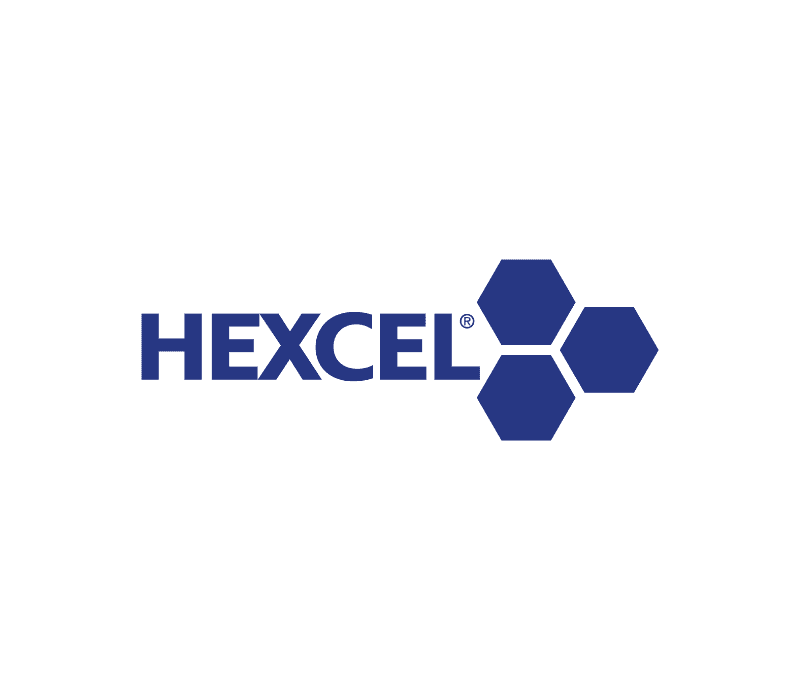

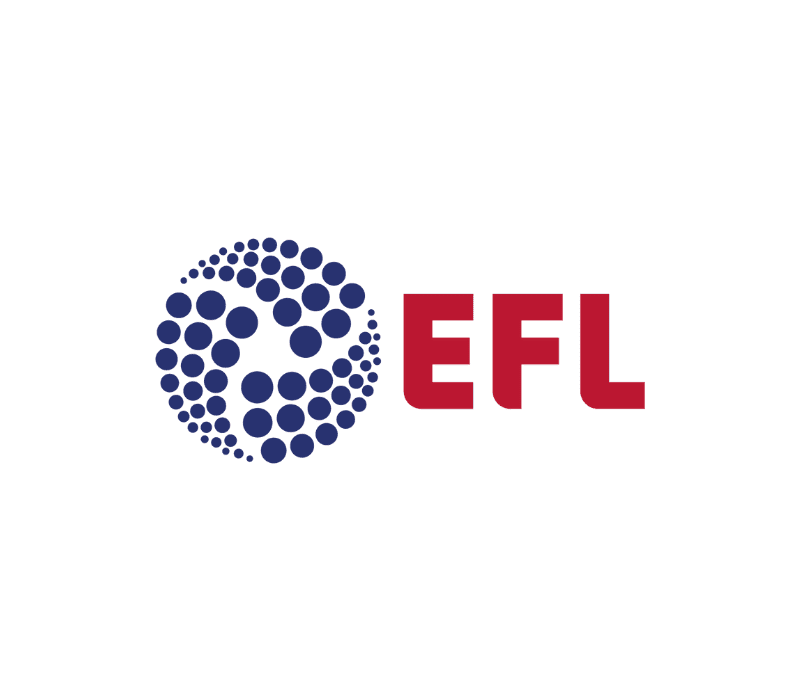
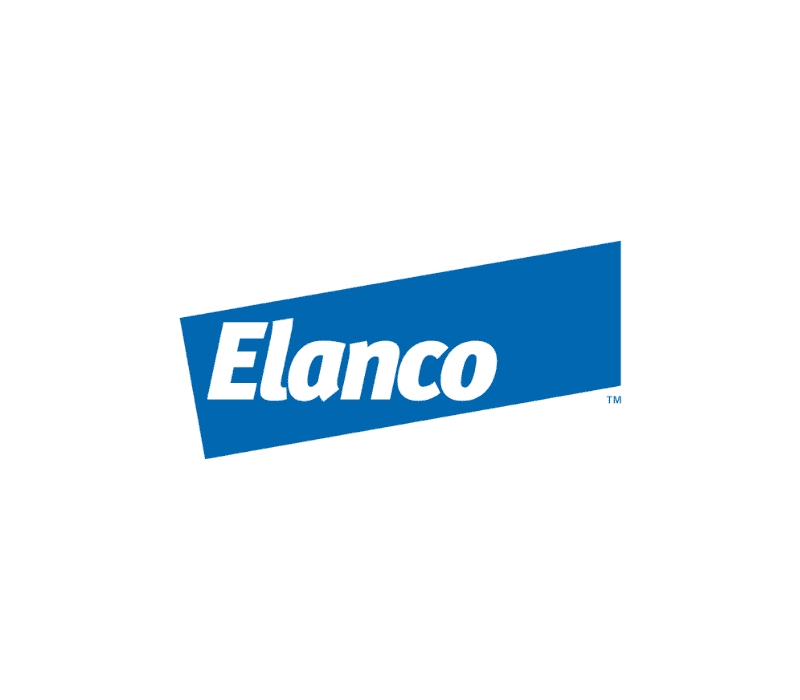
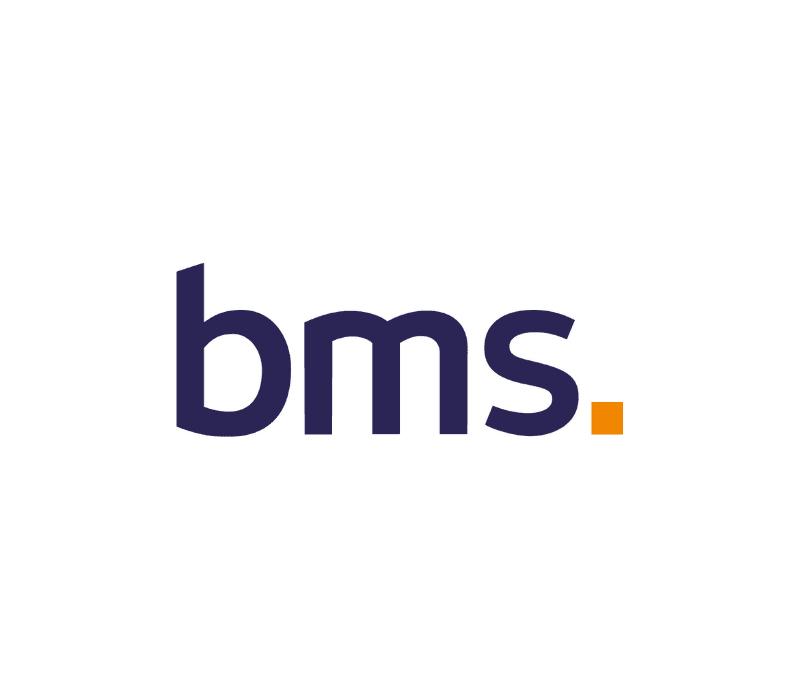

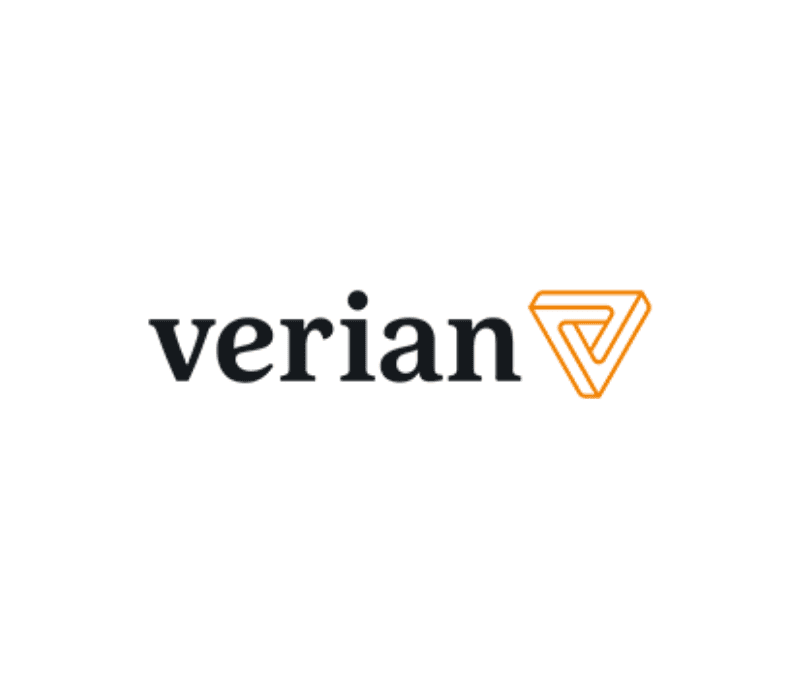
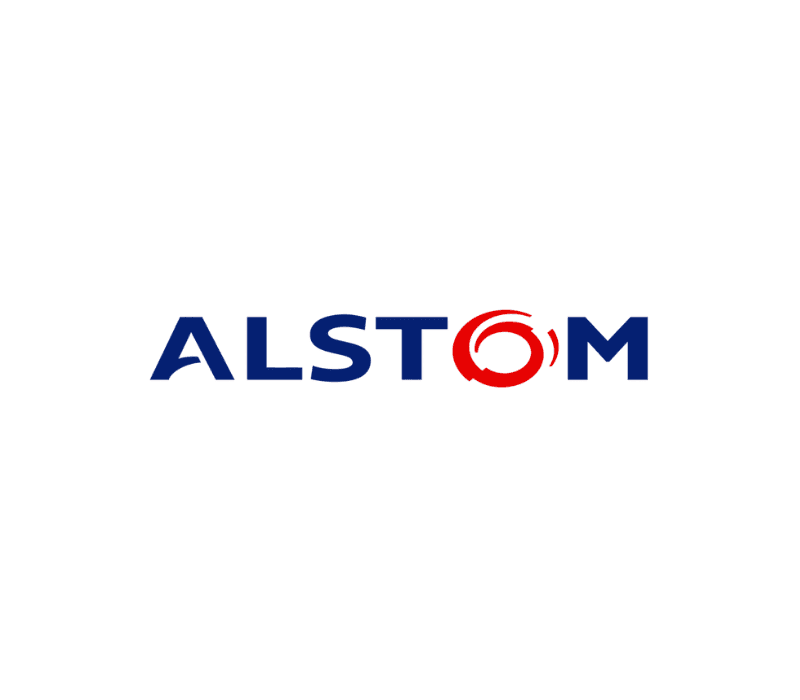
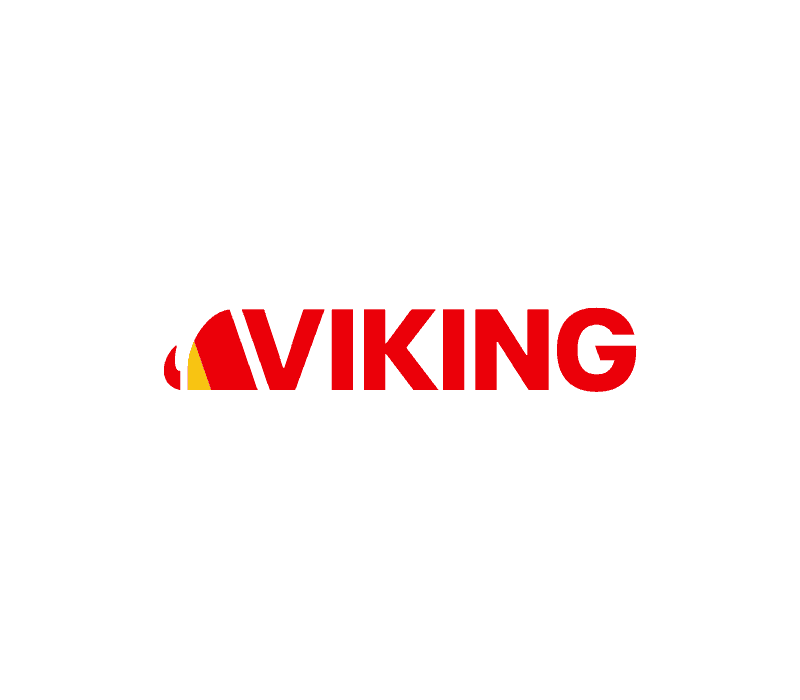

Challenge:
Modernize telephony infrastructure while maintaining stringent US financial sector compliance and security requirements.
Solution:
We seamlessly transitioned the brand to Microsoft Teams with zero downtime during the migration, avoiding any service interruption for global operations.
Benefits:
Challenge:
Transform diverse communication infrastructure across multiple regions and countries to Direct Routing with Teams.
Solution:
We deployed our cloud phone system across multiple site services internationally through the HALO platform’s physical core data centers, and implemented Active-Active configuration with SBC clusters in multiple data centers for zero downtime.
Benefits:

PSTN switch-offs are drawing nearer, your legacy systems grow more fragile each day, and your teams expect modern communication tools. The question isn’t whether to modernize your Unified Communications infrastructure – it’s how to do it right.
Every enterprise has unique requirements, existing investments to protect, and specific goals to achieve. That’s why we start every engagement with listening, not selling.
Whether you need to migrate from legacy systems, enhance Microsoft Teams with enterprise calling, consolidate multiple platforms, or prepare for the PSTN switch-off, we’ll work with you to design a solution that fits your business perfectly.
Yes, Sipcom handles full number porting for all your existing numbers, ensuring your business identity remains unchanged during migration. We’ve established porting agreements with multiple Tier 1 carriers globally, supporting geographic, non-geographic, and toll-free numbers across 120+ countries. Or, you could bring your existing carrier to the Halo platform instead.
Sipcom’s BYOT (Bring Your Own Trunk) service enables gradual migration at your own pace. You can integrate existing PBX systems with Teams, allowing departments to transition individually while maintaining dual system operation throughout the process. There’s no pressure to complete migration by a specific date.
As your 2027 PSTN switch-off replacement partner, Sipcom provides seamless migration through our HALO platform and SIP trunking services. We ensure zero downtime during the transition, maintain all your existing numbers, and offer flexible migration paths that work with your timeline and budget constraints.
Sipcom operates in 120+ countries through eight global data centers, providing local numbers, complying with regional regulations, and ensuring 99.99% uptime worldwide. Our UK-based 24/7 support team manages all international requirements, from emergency services compliance to local number portability.
New users can be added within minutes through our portal, with immediate access to all features. Plus, new locations can be deployed rapidly without infrastructure investment.
Our HALO platform scales instantly from 50 to 100,000+ users, adapting to your growth without capacity planning concerns.